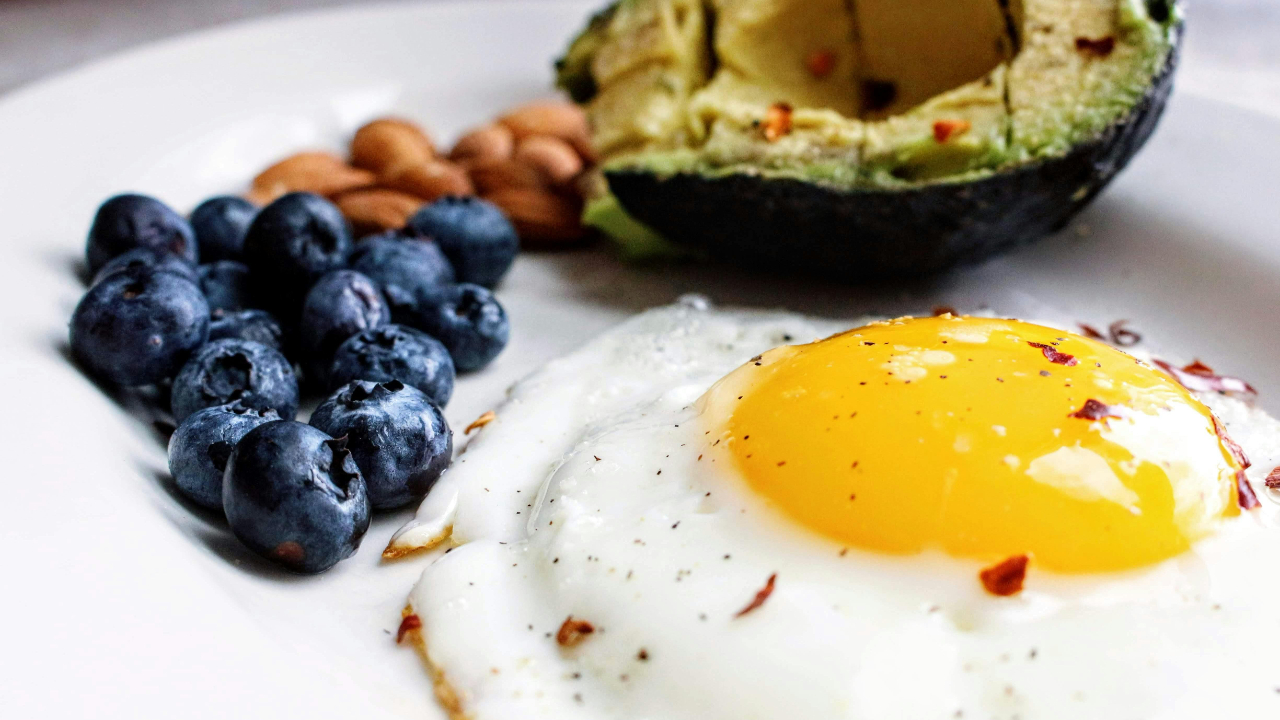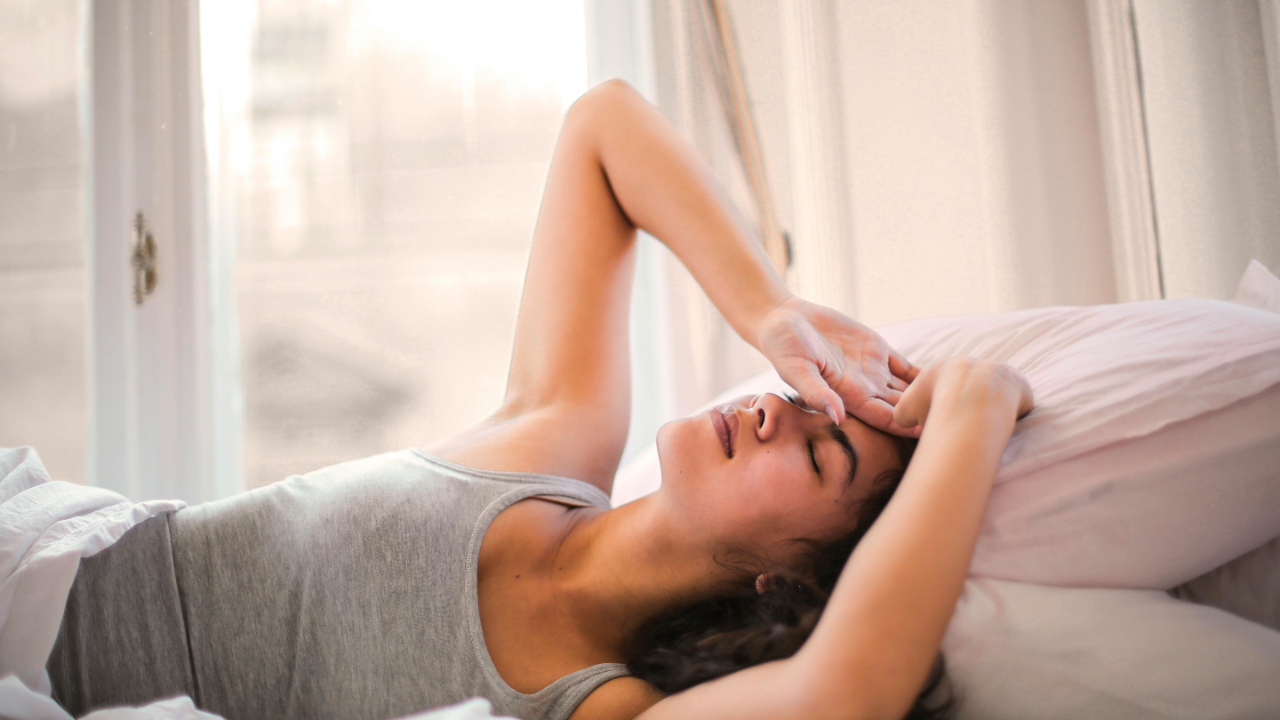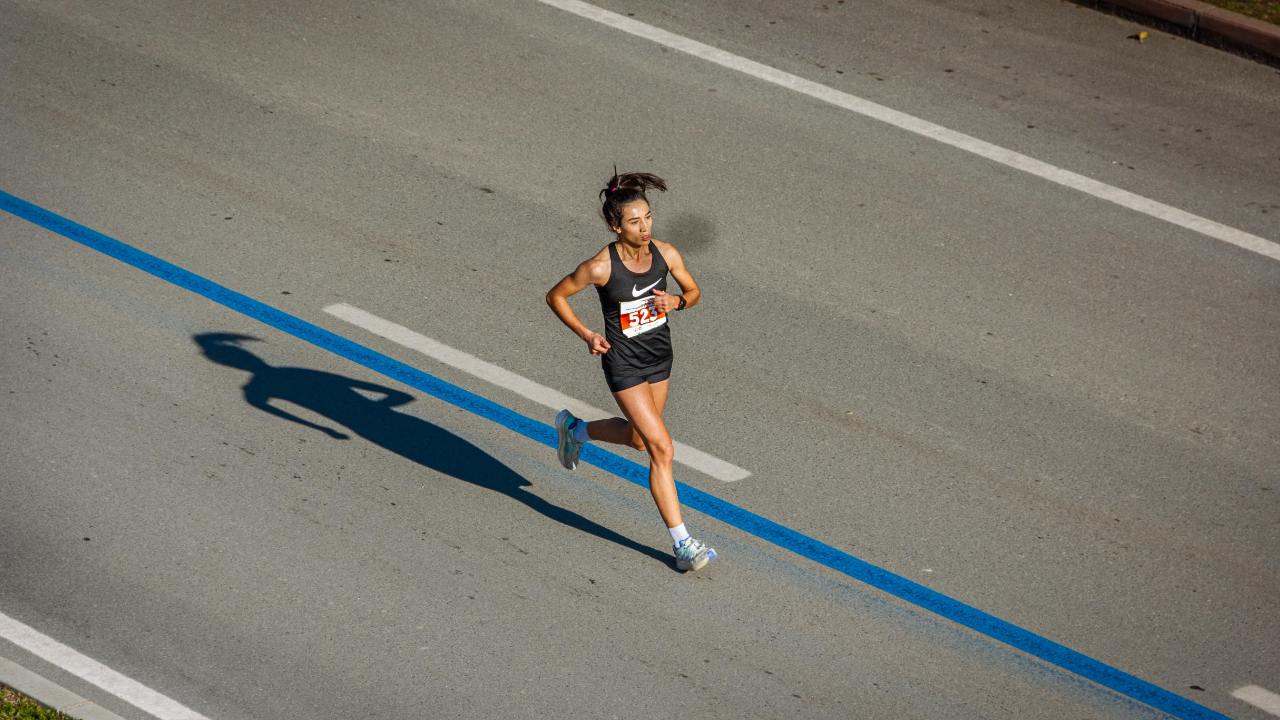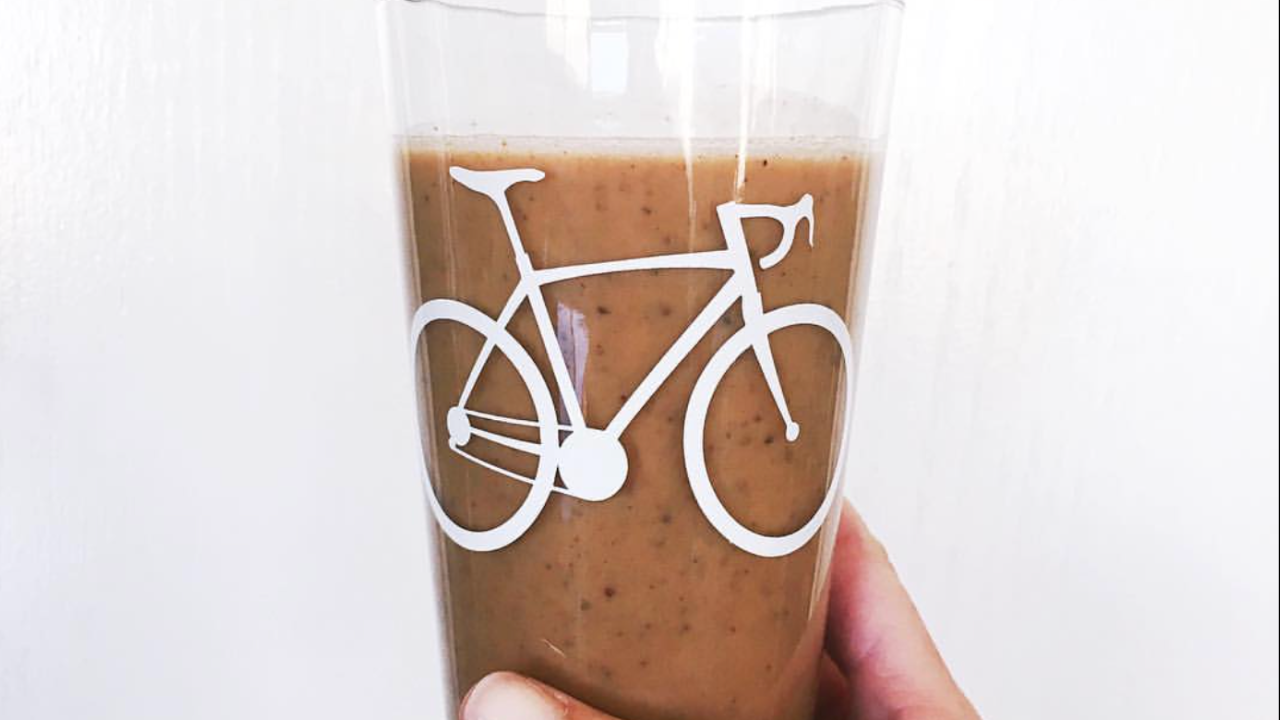5 Steps to Better Sleep
Jul 18, 2023
Trouble getting your ZZZZ’s at night? It’s definitely a common occurrence among many athletes regardless of age. There is a host of factors that can interrupt sleep such as stress, training load, medical conditions, caffeine intake, supplements, sleep disorders, shift work, and sleep environment. Sleep is when the body recovers so it is super important to do as much as possible to get some good shut eye.
Here are a few nutrition tips to try to improve your sleep:
1. Stop eating within about 2 hours before sleep. After eating, the body wants to be in the “rest and digest” mode so try not to eat too close to bedtime. If you are an athlete trying to gain weight, this may be difficult but there are certain foods you can consume before bed that may not have negative impacts on sleep. Reach out to me if you have specific questions about weight gain nutrition.
2. Consume a small amount of tart cherry juice concentrate. This wonderful juice/concentrate not only has anthocyanin, a powerful anti-inflammatory compound, but also increases the body’s production of melatonin. I recommend having 1 ounce of tart cherry juice concentrate mixed with 2-3 ounces of water about 1-2 hours before bed.
3. Take magnesium. In this case, the type of magnesium matter since there are so many options. In the case of promoting better sleep, choose magnesium bisglycinate (also known as glycinate) at a dosage of 200-400 milligrams about 1-2 hours before bed. Be sure your magnesium bisglycinate supplement is NSF Certified for Sport to ensure its safety and quality. If you need to order some, visit the eNRG Store HERE.
4. Limit caffeine later in the day. This is especially true for slow metabolizers of caffeine. Even if you are a fast metabolizer of caffeine and it doesn’t bother you too much later in the day, it can still affect the quality of your sleep at night.
5. Limit alcohol consumption. Drinking too late at night and too close to sleep can significantly reduce the amount of time spent in REM sleep (a very important time of sleep that helps the body restore and recover). Alcohol can also increase urine output so you may wake up to use the bathroom and further disrupt your sleep. If you are going to drink, try to stop about 2-3 hours before bedtime.
Of course, there are many non-nutrition steps to take to improve sleep such as developing a solid sleep routine, keeping your bedroom cool (around 65 degrees Fahrenheit), creating a very dark bedroom environment, staying off of technology 1 hour before bedtime and using special lightbulbs that have low blue-light and blue-light glasses.
There is also the option of taking melatonin, although I would recommend this being one of the last options you try. Some athletes respond very well to melatonin and some feel extremely groggy and impaired the next day. My recommendation is to try all of the tips I mentioned above first and if trying melatonin, start with a very low dose of 3 milligrams to see how your body reacts.
Since most of us sleep roughly 1/3 of our lives, it is critical to maximize the positive benefits that good quality sleep can have on our health and athletic performance. I wish you the very best in your quest for better sleep! Please reach out to me if you have any questions.
SUBSCRIBE AND WE WILL DROP SOME HEALTHY INSPIRATION IN YOUR INBOX
We hate SPAM. We will never sell your information, for any reason.







